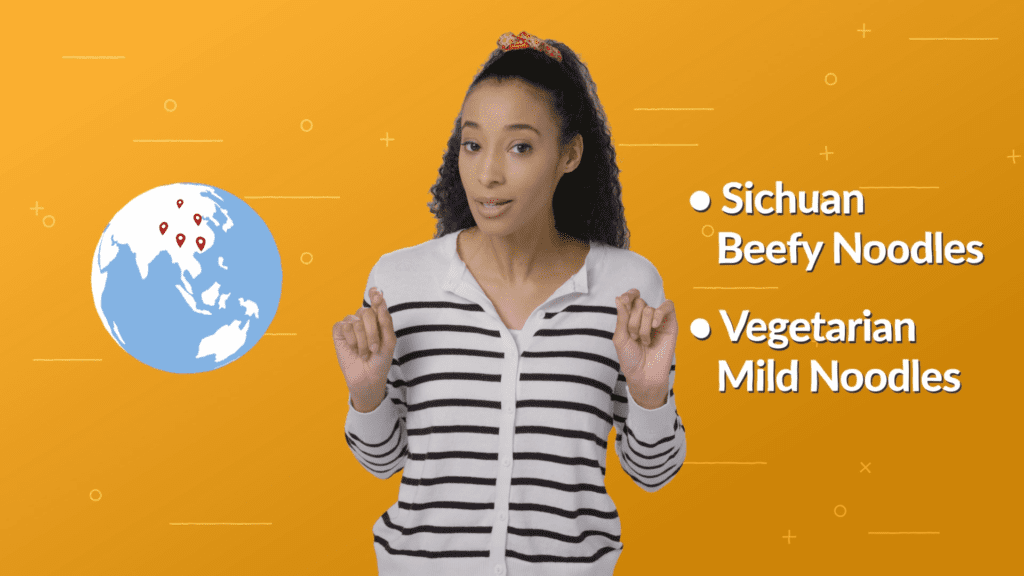Learning to Rank Explained
Learn how the machine learning technique Learning to Rank helps improve search results with this explainer video.

Our first episode of season 2 of Lucid Thoughts walked you through the differences between natural language processing and natural language understanding. Our newest episode looks at a popular machine learning technique called Learning to Rank and how it is used to improve search results for applications of all shapes and sizes. Watch now:

How Learning to Rank Works
A typical scenario is when you enter a seemingly simple to understand query into a search bar and the results that come back to your screen are completely at odds with what you were intending to search for. We know what we want more than the computer does. Learning to Rank looks at user behavior and uses each click and tap to better rank a set of results.

So a search for a sichuan restaurant might bring up restaurants in literally the Sichuan Province of China. But you scroll down and click on the one that’s actually in your hometown. The computer learns from your click and improves future queries and their results.

Learning to Rank teaches the machine to recognize how humans ranks results and information.
As users help rank certain queries this data can be used to train the computer on how to better rank results. This process can be expanded to include product catalogs with thousands of products that process million of queries a day. The system monitors signals in user behavior like what they clicked on first or which products they eventually bought. This helps the computer figure out which items users found most useful. You can use both manual systems and signal-based systems if you’re looking for the best of both worlds.

We’ve got a more about Learning to Rank like how to use it with our Fusion platform (ebook, video) and how the team at Bloomberg uses LTR for one of the biggest Solr deployments in the world. Or dive even deeper with our article, the ABCs of Learning to Rank.
You can binge-watch all of season two of Lucid Thoughts or jump on back to watch season one.
Subscribe to the Lucid Thoughts channel and be sure to leave your questions and comments on each video.
LEARN MORE
Contact us today to learn how Lucidworks can help your team create powerful search and discovery applications for your customers and employees.